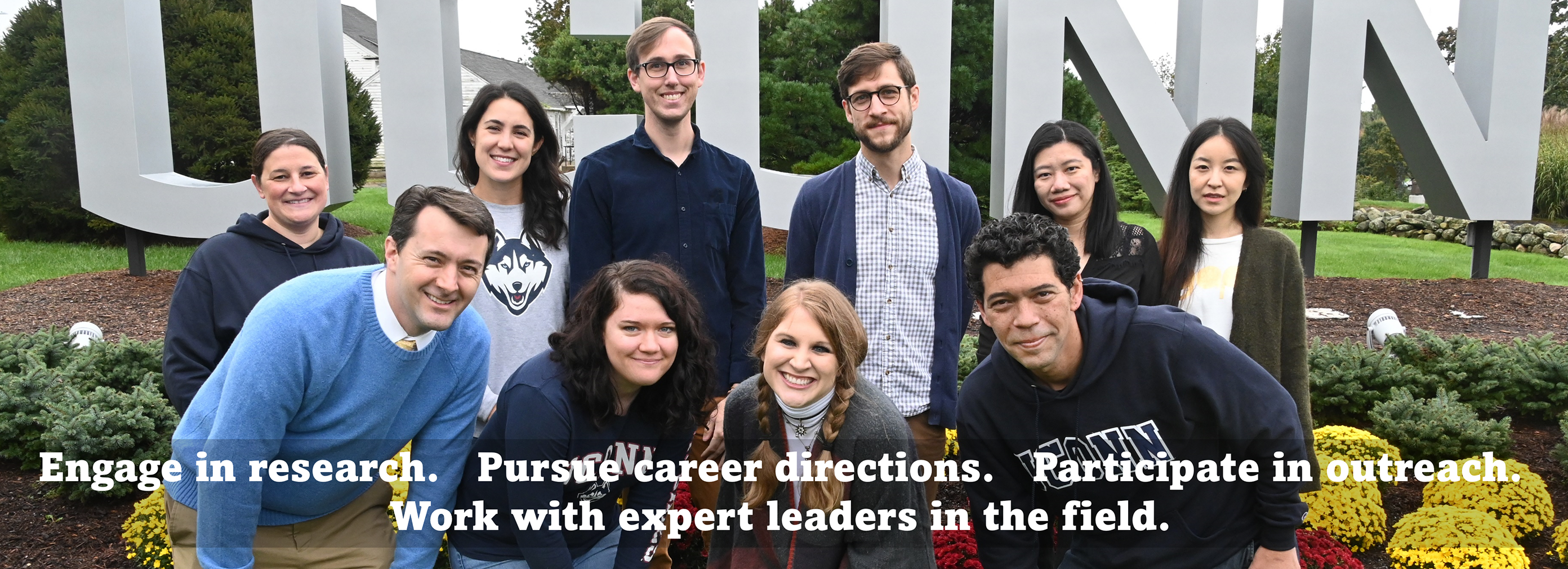-
Feb24
-
Feb24
-
Feb24
-
Feb24
Web cookies (also called HTTP cookies, browser cookies, or simply cookies) are small pieces of data that websites store on your device (computer, phone, etc.) through your web browser. They are used to remember information about you and your interactions with the site.
Session Management:
Keeping you logged in
Remembering items in a shopping cart
Saving language or theme preferences
Personalization:
Tailoring content or ads based on your previous activity
Tracking & Analytics:
Monitoring browsing behavior for analytics or marketing purposes
Session Cookies:
Temporary; deleted when you close your browser
Used for things like keeping you logged in during a single session
Persistent Cookies:
Stored on your device until they expire or are manually deleted
Used for remembering login credentials, settings, etc.
First-Party Cookies:
Set by the website you're visiting directly
Third-Party Cookies:
Set by other domains (usually advertisers) embedded in the website
Commonly used for tracking across multiple sites
Authentication cookies are a special type of web cookie used to identify and verify a user after they log in to a website or web application.
Once you log in to a site, the server creates an authentication cookie and sends it to your browser. This cookie:
Proves to the website that you're logged in
Prevents you from having to log in again on every page you visit
Can persist across sessions if you select "Remember me"
Typically, it contains:
A unique session ID (not your actual password)
Optional metadata (e.g., expiration time, security flags)
Analytics cookies are cookies used to collect data about how visitors interact with a website. Their primary purpose is to help website owners understand and improve user experience by analyzing things like:
How users navigate the site
Which pages are most/least visited
How long users stay on each page
What device, browser, or location the user is from
Some examples of data analytics cookies may collect:
Page views and time spent on pages
Click paths (how users move from page to page)
Bounce rate (users who leave without interacting)
User demographics (location, language, device)
Referring websites (how users arrived at the site)
Here’s how you can disable cookies in common browsers:
Open Chrome and click the three vertical dots in the top-right corner.
Go to Settings > Privacy and security > Cookies and other site data.
Choose your preferred option:
Block all cookies (not recommended, can break most websites).
Block third-party cookies (can block ads and tracking cookies).
Open Firefox and click the three horizontal lines in the top-right corner.
Go to Settings > Privacy & Security.
Under the Enhanced Tracking Protection section, choose Strict to block most cookies or Custom to manually choose which cookies to block.
Open Safari and click Safari in the top-left corner of the screen.
Go to Preferences > Privacy.
Check Block all cookies to stop all cookies, or select options to block third-party cookies.
Open Edge and click the three horizontal dots in the top-right corner.
Go to Settings > Privacy, search, and services > Cookies and site permissions.
Select your cookie settings from there, including blocking all cookies or blocking third-party cookies.
For Safari on iOS: Go to Settings > Safari > Privacy & Security > Block All Cookies.
For Chrome on Android: Open the app, tap the three dots, go to Settings > Privacy and security > Cookies.
Disabling cookies can make your online experience more difficult. Some websites may not load properly, or you may be logged out frequently. Also, certain features may not work as expected.

Join us for a Ph.D. Alumni reunion on the evening of Tuesday, July 15 during Confratute. Contact stephanie.huntington@uconn.edu for more information.
The Doctor of Philosophy in Educational Psychology with an emphasis in Giftedness, Creativity, and Talent Development was created for outstanding educators who exhibit unusual ability and talent. Applications to the program are evaluated on the basis of their past performance in undergraduate and graduate education, experience, test scores, and career goals. The Doctor of Philosophy program is intended for persons who wish to become researchers, state department consultants, authors, university professors, and creative contributors in the fields of creativity, gifted education, enrichment education, and talent development. Students accepted into this program are continually involved in research and service projects that focus on problem finding and creative problem solving. Each student’s advisor assumes the role of mentor and facilitates the development of professional skills associated with creative productivity within the university community.
Most doctoral students complete a residency of approximately three to four years. The doctoral program cannot be completed online or through summer residency only. Individual programs of study vary and are determined by personal interests, goals, and research ideas. Doctoral students include in their plan of study a sequence of courses in quantitative and qualitative research. These courses help to provide the skills necessary for advanced level research and the preparation of a doctoral dissertation.
Doctoral students are expected to design and complete a dissertation that will be a significant contribution to the body of knowledge relating to this field of giftedness, creativity, and talent development. Encouragement is given to explore possible dissertation topics early in the program and to integrate as much as possible the course work, internship and teaching experiences, and research responsibilities of the doctoral students.
| Phone: | (860) 486-2754 |
|---|---|
| E-mail: | catherine.little@uconn.edu |
| Address: | Catherine A. Little, Ph.D. University of Connecticut 2131 Hillside Road Unit 3007 Storrs, CT 06269-3007 |